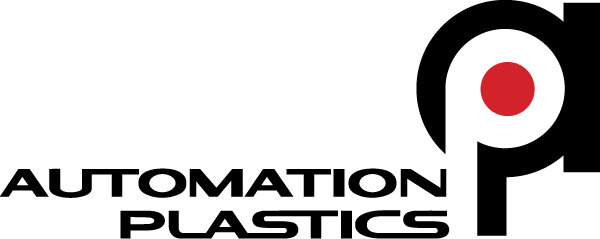5 Trends Shaping the Future of Contract Manufacturing in 2023
As businesses continue to evolve, contract manufacturing is also undergoing significant changes. In 2023, several key trends are emerging that are reshaping this industry. From the impact of technology to sustainability efforts, understanding these trends can help you stay ahead in your business decisions. Let’s dive into the top trends that are defining the future of contract manufacturing.
1. Rise of Automation and Smart Manufacturing
Automation is taking center stage as companies seek to enhance efficiency. Smart manufacturing technologies are optimizing processes in ways we never imagined. Robotics is not just about replacing human labor; it's about augmenting human capabilities. For instance, modern manufacturing outfits are employing collaborative robots, or cobots, that work alongside human workers, tackling mundane tasks and freeing up personnel for more complex responsibilities. This synergy leads to a profound shift in productivity levels.
The integration of artificial intelligence into automation gives companies a competitive edge. AI-driven analytics can predict equipment failures before they happen, drastically reducing downtime. Moreover, machine learning algorithms can analyze vast datasets far quicker than any human, identifying inefficiencies in production that can be corrected in real time. As a result, manufacturers are experiencing increased output while minimizing waste. The bottom line? Embracing automation is no longer an option; it's a necessity for success in 2023.
2. Sustainability Takes the Spotlight
With a growing emphasis on eco-conscious practices, sustainability is no longer just a buzzword. In this part, we will discuss how contract manufacturers are adopting green practices and what it means for the industry. As stakeholders become more aware of their environmental impact, businesses are compelled to demonstrate commitment to sustainability. This isn’t merely about compliance—it's about creating a competitive advantage. Companies that prioritize eco-friendly processes enhance their brand reputation while also appealing to a broad customer base.
Beyond the branding benefits, sustainability often leads to cost savings. Energy-efficient machinery and reduced material waste can lower operational costs significantly. Moreover, many manufacturers are exploring renewable energy options, further curbing their carbon footprint. With global supply chains, the emphasis on reducing pollution and promoting ethical sourcing also plays a crucial role in shaping consumer decisions today. Understanding that responsible practices can lead to profitability is becoming fundamental in contract manufacturing.
3. Customization and Personalization Demand
Consumers are increasingly looking for personalized products. This section will delve into how contract manufacturers are catering to this demand and the strategies they are implementing. The trend toward customization isn't just a fleeting fad; it's a paradigm shift in consumer expectations. Businesses are now leveraging advanced production methods that make mass customization a viable option, allowing them to meet individual customer preferences without sacrificing efficiency.
Companies are investing in flexible manufacturing systems that allow for varied production runs without substantial downtime. This not only satisfies current consumer desires but also anticipates future trends, positioning businesses as market leaders. Furthermore, utilizing data analytics, manufacturers can gather consumer insights to tailor offerings more precisely. In doing so, they build a stronger connection with their clients, fostering loyalty in an increasingly competitive landscape.
4. Supply Chain Resilience and Transparency
Recent disruptions have highlighted the need for robust supply chains. Here, we will discuss how transparency and resilience are becoming pivotal in contract manufacturing. Supply chains faced unprecedented challenges in the past few years, from global pandemics to political upheaval. These events underscored the fragility of traditional manufacturing setups, prompting companies to rethink their strategies. Businesses are now prioritizing supply chain resilience, ensuring they can adapt quickly to unforeseen circumstances.
Transparency is key in this new era. Stakeholders demand to know where materials come from and under what conditions they are produced. Many manufacturers are adopting blockchain technology, which offers a tamper-proof method for tracking products along the supply chain. This not only builds trust with consumers but can also improve compliance with international regulations. The result is a more agile and accountable manufacturing process that reassures clients and mitigates risks.
5. Integration of Advanced Technology Solutions
From IoT to cloud computing, advanced technologies are revolutionizing contract manufacturing. This section will examine the solutions that are paving the way for a more efficient future. The Internet of Things (IoT) is enabling manufacturers to connect machinery to the internet, yielding real-time data analytics that enhance operational efficiency. With sensors embedded in machinery, businesses can monitor performance metrics continuously, leading to informed decision-making and strategic adjustments on the go.
Additionally, cloud computing fosters improved collaboration across different sectors of production. Teams can access shared data effortlessly and real-time updates allow for swift action when issues arise. Cloud platforms also facilitate scalability, letting businesses expand operations without major overhauls to their existing systems. In a fiercely competitive market, the integration of these advanced technology solutions can be the differentiator that propels companies to success in this digital age.

